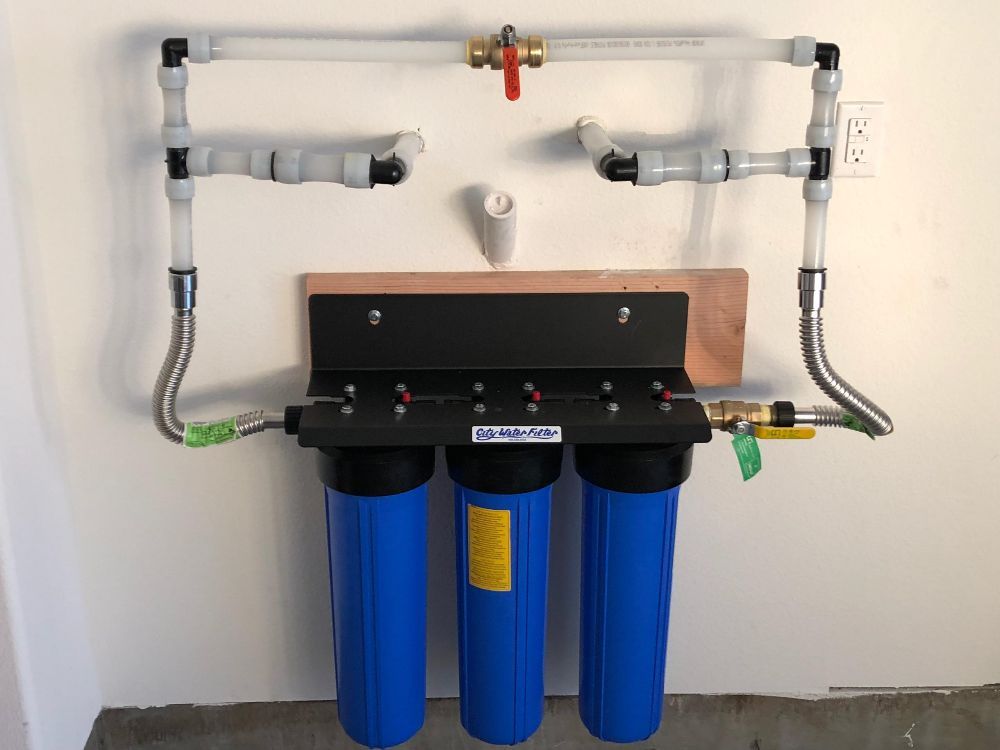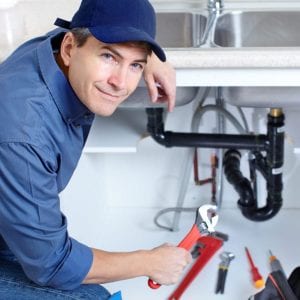Exactly How do Whole House Water Filters Operate?
Exactly How do Whole House Water Filters Operate?
Blog Article
Everyone will have their own piece of advice with regards to What are the Benefits of Using a Whole House Water.

Entire residence water filters are the perfect choice for people that have an interest in having a home that provides clean, drinkable water. Along with providing quality drinking water throughout the house, a whole residence water filter additionally provides benefits such as removing impurities that cause spotting in water that is utilized to clean recipes. Unfiltered water can additionally create trouble such as wearing away pipes and also appliances, ruining clothing that is cleaned and also tarnish sinks or showers. Although entire home water filters are usually used in residential homes, they can also be a reliable alternative for homes or workplaces.
Initially, it may seem that whole residence water filters would certainly be very expensive when compared to various other filter choices, but they are really an extremely affordable option for water purification. The rate variety of these water filters is big, starting at 2 hundred bucks as well as costing as high as one thousand bucks. The price of the filters is dependent upon their size, product as well as life span. This might feel like a very high price, but when compared with various other filter choices, it is actually really inexpensive due to the amount of filtering system that it supplies.
Whole residence water filters cleanse water in the same fashion that filters, such as counter top or under sink filters, do. The difference is that it calls for only one filter, which is attached to the major water source, as opposed to needing numerous water filters to be connected to various devices. Similar to the other filters, entire home water filters purify faucet water by forcing it via a number of various stages of purification. One of the stages is carbon filtering. Carbon is an efficient approach of filtering water due to the fact that it is porous and also has the ability to get rid of small and also large contaminations. Carbon is necessary in removing volatile natural carbon compounds, which sometimes can create major damages to the liver, kidney or central nerves. Carbon also eliminates unsafe materials such as pesticides, industrial solvents and also insecticides.
One more necessary action of the purification process involves a process such as ionization or micron filtration. This action gets rid of hundreds of contaminants found in faucet water, and transforms the water to terrific sampling, healthy and balanced alcohol consumption water. As mentioned previously, the major advantage of whole house water filters are that they offer filtered water throughout your home with using just one filter.
An additional benefit of whole home water filters is the long life expectancy that they use. Much of these filters last in between fifty and also one hundred thousand gallons of water. For several, the major disadvantage of whole house filters is the more than typical cost. Although these filters are extremely affordable, they do require a large investment in advance. Entire residence water filters can also require a significant quantity job to mount.
THE IMPORTANCE OF WATER FILTRATION
Water is such an essential part of our daily lives that many times we don’t stop to consider where it’s being sourced or the quality of it. We assume we’re receiving the best possible output. For many, tap water is deemed undrinkable, which is where filtered water comes into play. The importance of water filtration is that it gives people access to clean water that is free of contaminants, that tastes good, and is a reliable source of hydration. Without it, there’s the risk of becoming ill from contaminated water or the alternative of drinking other beverages that may not be as good for your health as purified water.
There are different types of filtered water but all offer the basics of the water purification process. This involves water that has been strained of harmful chemicals, pesticides, bacteria, and other particles that contaminate the water. Although public water systems have filtration protocols in place, these vary from state to state. It depends on where your water supply is sourced from originally, the way it is treated, and the quality of water pipes. For example, older water filtration systems that use lead pipes may be harmful to the final dispersal of water because of lead leaching from the pipes into the water.
FILTERED WATER SOLUTIONS THAT REMOVE CONTAMINATION AND IMPURITIES
Fortunately, there are several ways people can get filtered water. A water filter has microscopic holes that remove sediment and pollutants from the water. The smaller the holes, the less it allows to pass through and the cleaner the water is. The way each type of water filtration system works is slightly different. The most common options are bottled water, at-home filters, reverse osmosis units, and alkaline water.
BOTTLED WATER
Billions of gallons of bottled water are sold yearly as demand for it continues to increase. Although perceived as an inexpensive, convenient filtered water option, it is more costly in the long run than other filtered water choices. The price of bottled water is nearly 2,000 times the cost of tap water and has vastly increased the amount of plastic waste affecting our environment.
FILTER FAUCET ATTACHMENTS AND PITCHERS
These types of filters are easily obtained and are effective in improving the taste of tap water. They help to reduce lead and solids by using a filter screen to capture small particles. In some cases, these types of filtration solutions use a block of activated carbon that helps to remove unpleasant odors and tastes that might be present in your water.
When using either of these at-home options, it’s important to change the filter on a regularly scheduled basis. Failure to do so causes build up in the filters and the water that passes through may not be as clean as desired. Also, when it comes to the availability of filtered water using pitchers, they constantly need to be refilled and there is a period of waiting time until purified drinking water is available again. This is an inconvenience when using in larger households or in organizations where a large group of people is relying on a consistent source of filtered water.
https://home.drinkflowater.com/blogs/posts/the-importance-of-water-filtration

Hopefully you enjoyed our excerpt on Choosing Home Water Filters & Other Water Treatment Systems. Thank you for taking time to read through our post. I beg you set aside a second to distribute this blog posting if you enjoyed reading it. Thank you so much for going through it.
Schedule Free Estimate
Report this page